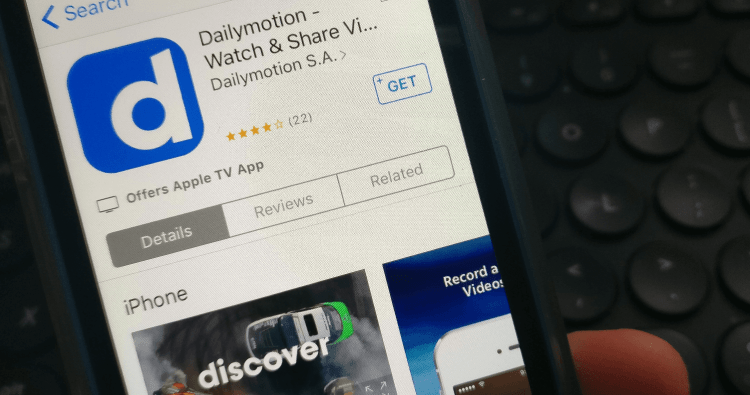DailyMotion, a New York-headquartered video sharing platform and a property of the French group Vivendi, is likely to be banned in Russia, following a ruling by a Moscow court.
The video hosting site was sued by TV channel Pyatnitsa, a property of Gazprom Media, for providing access to copyrighted content without consent.
Pyatnitsa’s claim refers to content from the popular TV shows “Revizorro,” “Magazzino” and “Patsanki,” the Gazprom Media press office specified in an exchange with East-West Digital News.
Last year, “Pyatnitsa continuously [but unsuccessfully] tried to reach the DailyMotion administration via all possible means — contacting the company’s headquarters and getting in touch with their country manager,” according to the Russian group’s press office.
After “a number of attempts,” Pyatnitsa filed its complaint with the court in May 2016. This initial filing was related to videos from the “Magazzino” shows, which DailyMotion deleted after the court ruling. But another dispute kicked off in August 2016, when Pyatnitsa identified episodes of its new show “Patsanki” on the video sharing platform.
“Again, the channel used all possible means to contact DailyMotion, but never received any response,” the Gazprom Media press office told EWDN.
On December 2, 2016, based on these charges, a Moscow court ordered that access to DailyMotion be blocked in Russia. DailyMotion did not appeal the decision, according to Gazprom Media. As a consequence, the court has ordered Roskomnadzor, the telecom regulator, to block access to the site from Russian territory.
DailyMotion did not answer EWDN’s press enquiry.
The Russian copyright battlefield
“Like our Russian and foreign colleagues, we are protecting the rights related to our TV shows using available legal means,” the Gazprom Media press office noted.
Illustrating this point, the group said that, in 2015, TNT, another of its properties, reached an amicable resolution in a dispute with YouTube. The case was related to TNT’s shows “Fizruk” and “Chernobyl. Zona Otchuzhdeniya,” which had been uploaded to the video platform. “YouTube provided TNT with the necessary technical means to identify and withdraw the videos that involved copyright infringements,” the press office said.
Russia strengthened its anti-piracy legislation in 2013. In July 2016, Roskomnadzor reached a cooperation agreement with the Motion Picture Association of America in the field of copyrights and their protection. In early January 2017, the regulator blocked access to Kinogb.net, following a legal claim of copyright infringement brought by Warner Bros. Entertainment Inc.
Recently, Roskomnadzor also blocked access to LinkedIn, but for entirely different reasons. The US professional social network had not complied with Russia’s legislation on personal data, which requires that Russian users’ data be stored on servers physically located on Russian territory.
This post first appeared on East-West Digital News, an international resource about innovation in Eastern Europe.
VentureBeat's mission is to be a digital town square for technical decision-makers to gain knowledge about transformative enterprise technology and transact. Learn More

